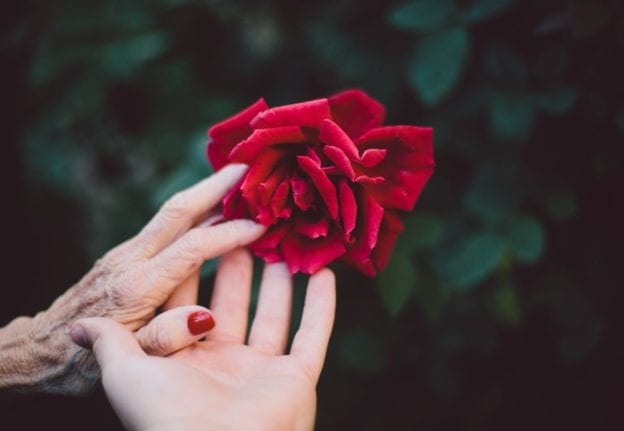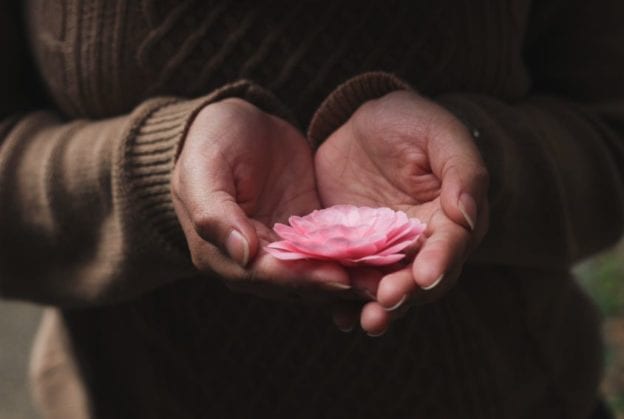Just because the funeral at funeral homes Burtonsville, MD is over and everyone else has gone back to their normal lives, it doesn’t mean that life has gone back to normal for those who have lost a loved one. Often times, this is when the full emotional impact of losing someone to death hits those who were closest to them.
In the few days after someone has died, there is a flurry of activity accompanied by a lot of people surrounding the person or people whose loved one has died. There is no time to really absorb what the loss of a loved one will feel like, be like, or look like. Additionally, there can be a type of shock, especially if the death was unexpected, that sets in or a type of auto pilot that people run on during the funeral process.
It is only when the funeral process is over, and everybody goes away or goes back home that the reality of life with a loved one emerges. And with that reality comes the real grieving process for the loss.
Grief is often complicated in terms of human relationships. One of the compounding factors of grief can be loneliness, especially when someone loses their spouse. Another compounding factor of grief for both young and adult children can be the loss of their second parent, which can leave them feeling as if they’re all alone in the world. A third compounding factor of grief can be memories, both good and bad, that play on constant rewind every waking hour of the day and sometimes even in dreams at night.
All of these factors can make grief more intense and long-lasting. And, sadly, sometimes the more intense the grief becomes and the longer it lasts, the more likely people who should be friends turn into critics.
There is point where these friends-turned-to-critics will make very hurtful and sometimes calloused statements, making judgments about the amount of time and the intensity with which the person has been grieving, and suggesting that it’s wrong, abnormal, and weak.
The person who is grieving personalizes these hurtful comments and hear that something is wrong with them, their behavior is abnormal, and they are weak. It is a devastating blow that has the effect of deepening their grief and possibly their depression.
The wounds left by the friends-turned-to-critics can be deep and irreparable. And, although the grieving person can forgive their friends-turned-to-critics, they have seen a side of them that makes it impossible to continue to have a relationship with them, which in turn adds more grief.
We should be friends to those who are grieving the loss of someone they love. We don’t know all that these people are wrestling with emotionally, mentally, and, even physically, because we’re not living in their shoes in their lives. Friends listen, comfort, and soothe. Friends hug or put an arm around a shoulder in support. Friends express empathy and understanding. Friends don’t make grief worse.
At funeral homes Burtonsville, MD, our knowledgeable staff at Donald V. Borgwardt Funeral Home, P.A. can give you more guidance on how to be a friend after death, and not a critic. You can visit us in person at our funeral home at 4400 Powder Mill Rd., Beltsville, MD, 20705, or you can contact us today at (301) 937-1707.





